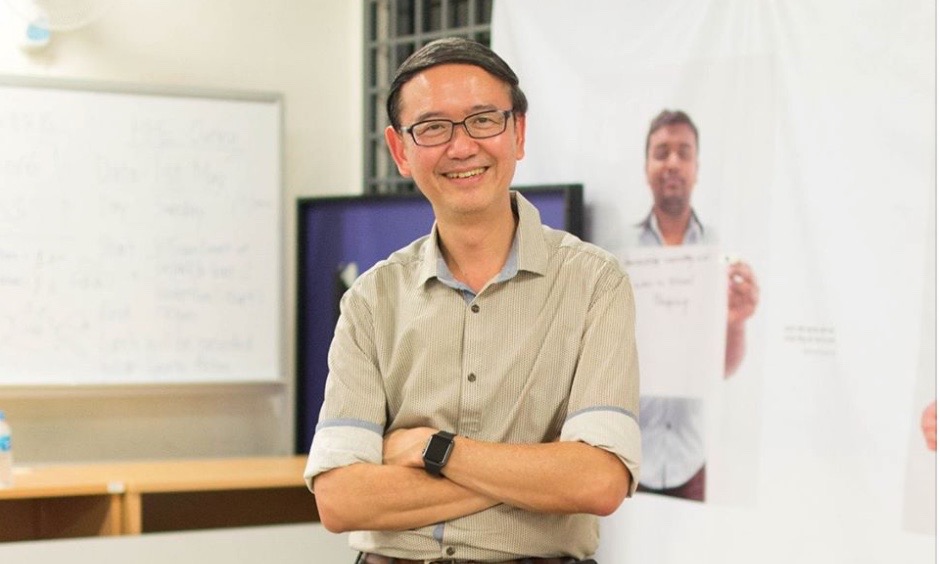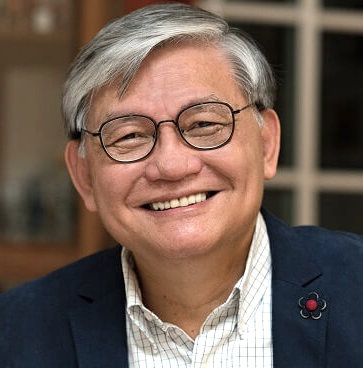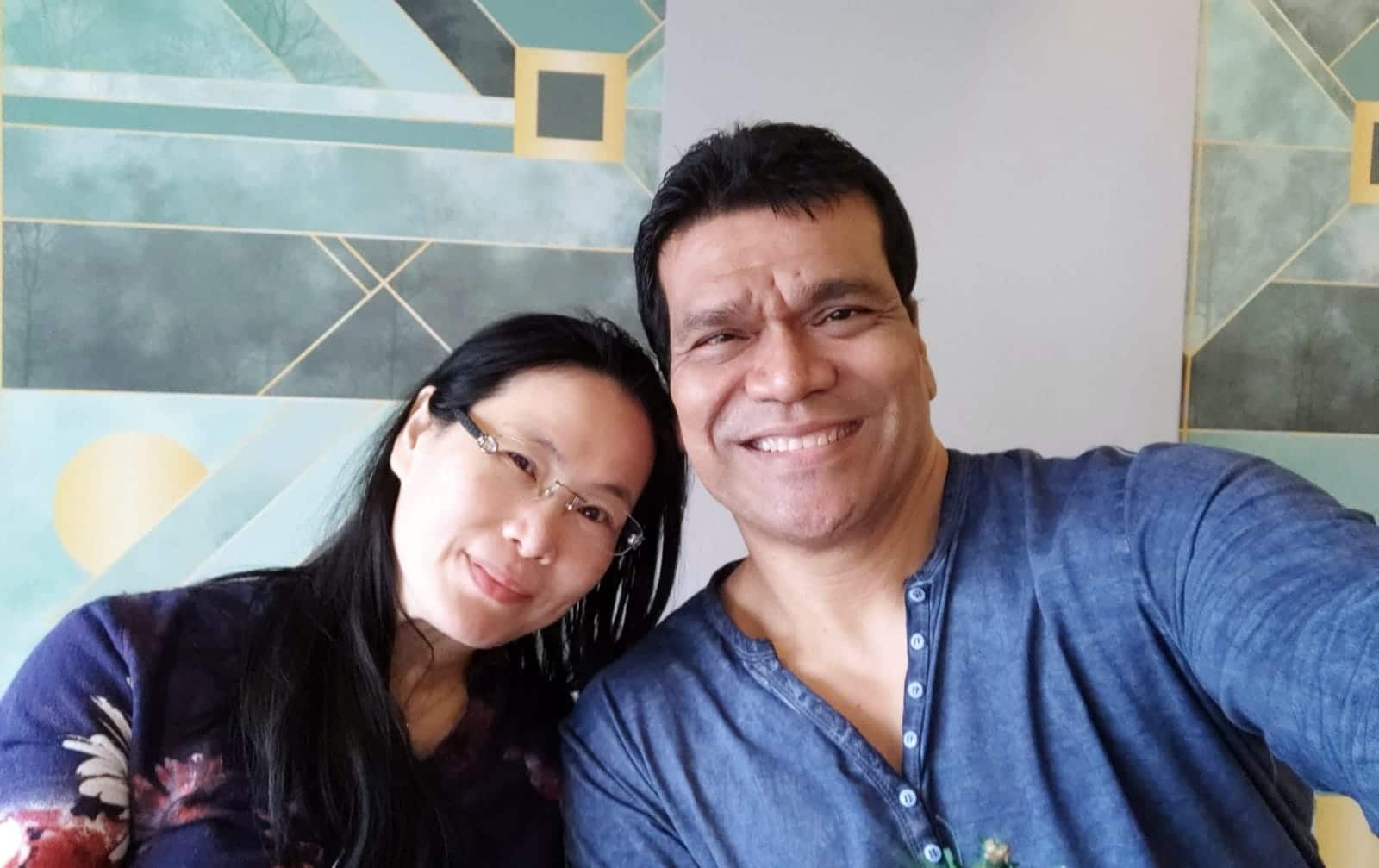“Why you see me so up?” Dr Goh Wei Leong, the always-humble Singaporean of the Year
by Rev Dr Tan Soo-Inn // February 19, 2018, 5:22 pm

Dr Goh Wei Leong, The Straits Times Singaporean of the Year 2017, seen here in Humans of Singapore.
I was having tea with a dear friend. He was on staff at a church and was someone whose life and ministry I held in the highest regard. In the midst of our conversation, he asked: “Why you see me so up?”
This is a literal English translation of a Chinese phrase that basically says: “Why do you hold me in such high regard?”
Half in jest, I apologised and told him that he was not unique because I “see everyone up”. I explained, and he understood, that because we see everyone as made in the image of God we try to accord respect and honour to all.
In the words of one of Francis Schaeffer’s books, there are “no little people”. I know that I am far from living up to my own convictions, but the Bible clearly teaches that humankind is made in the image of God and so is deserving of honour and respect for that reason alone.
Psalm 8 is one of the places in the Bible that spells this out:
When I consider your heavens,
the work of your fingers,
the moon and the stars,
which you have set in place,
what is mankind that you are mindful of them,
human beings that you care for them?
You have made them a little lower than the angels
and crowned them with glory and honour.
You made them rulers over the works of your hands;
you put everything under their feet: Psalm 8:3-6 NIV
God crowns all human beings with “glory and honour”. The teaching and actions of Jesus, and the rest of the New Testament, further teach that we are to accord all people with honour, irrespective of age, gender, race, or social status. Unfortunately, the church often fails in this regard, prompting the writer of the book of James to say:
My brothers and sisters, believers in our glorious Lord Jesus Christ must not show favouritism. Suppose a man comes into your meeting wearing a gold ring and fine clothes, and a poor man in filthy old clothes also comes in. If you show special attention to the man wearing fine clothes and say, “Here’s a good seat for you”, but say to the poor man, “You stand there” or “Sit on the floor by my feet”, have you not discriminated among yourselves and become judges with evil thoughts? (James 2:1-4)
Followers of Jesus are not to show favouritism in how we treat people. This rebuke from James is needed now more than ever. Once in a while some of us get it right.
Knowing Wei Leong, he has no interest in basking in the spotlight. His main focus is God and his service.
Many of us were delighted that our friend, Dr Goh Wei Leong, was voted Singaporean of the Year 2017, in recognition of his work in starting and running Healthserve, an organisation committed to providing basic affordable medical and dental care to migrant workers.
He launched Healthserve in Geylang in 2006 (where they reach out to sex workers as well), in partnership with another friend, Tang Shin Yong. Healthserve now runs a number of centres in various parts of Singapore.
Wei Leong’s selection as Singaporean of the Year received wide coverage in the media. There were a number of articles on this in the Straits Times. I was disappointed that the two main write-ups in the newspaper – “Doctor lauded for selfless contributions”; “Doc quietly serves migrant workers in need” – did not mention the motivation behind Wei Leong’s work.
A Straits Times commentary mentioned in passing Wei Leong doing Bible study at the beach: “In a blue printed shirt stood the gentle Dr Goh Wei Leong, 57, who had spent the morning at the beach with his Bible …”
Inquiring minds would surely want to know why a doctor from a comfortable background would passionately and sacrificially give himself to a service like Healthserve.
The Christian faith is not predicated on famous people doing spectacular things but regular people doing the right things.
His friends know why. Wei Leong’s venture into Healthserve flows directly from his desire to love God and neighbour as a follower of Jesus. God has given him a burden for groups largely ignored by society and by many churches, though this is slowly changing, due in no small part to the challenge and modelling of Wei Leong and Healthserve.
So I am surprised that Wei Leong’s Christian faith, which is such a large part of why he does what he does, is not mentioned explicitly. I sometimes wonder if there is some conscious or sub-conscious bias against Christianity in the mainstream media.
I need to say that I am not calling for some expression of Christian triumphalism. If a Buddhist had won the award and his or her Buddhist principles were a main motivating factor in his or her actions, then that should be mentioned.
The five main questions of journalism are: Who, what, when, where and why. We deserve to know the “why”, which in Wei Leong’s case was his faith in Jesus.
Knowing Wei Leong, he has no interest in basking in the spotlight. His main focus is God and his service. The Christian faith is not predicated on famous people doing spectacular things but regular people doing the right things. We are grateful that Wei Leong exemplifies this and, in so doing, glorifies his Father in heaven (Matthew 5:13-16).
This post was first published on the Graceworks blog and adapted with permission.
We are an independent, non-profit organisation that relies on the generosity of our readers, such as yourself, to continue serving the kingdom. Every dollar donated goes directly back into our editorial coverage.
Would you consider partnering with us in our kingdom work by supporting us financially, either as a one-off donation, or a recurring pledge?
Support Salt&Light



